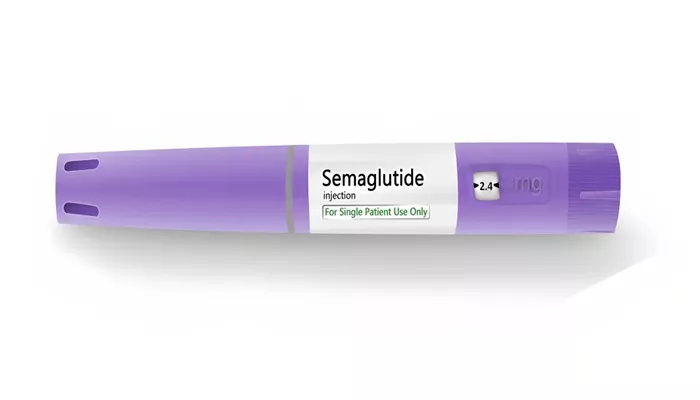A recent study highlights significant potential costs for Medicare regarding the coverage of semaglutide, a medication used for weight management. The findings suggest that if Medicare Part D adopts a narrow definition of cardiovascular disease (CVD), many patients may remain ineligible for the drug, yet federal spending could still exceed $10 billion annually.
Currently, federal regulations prevent Medicare from covering medications prescribed solely for weight loss. However, in March 2024, Medicare announced it would extend coverage for semaglutide (Wegovy), a glucagon-like peptide-1 receptor agonist (GLP-1RA), to patients with elevated body mass index (BMI) who also have established CVD. The lack of a formal definition for “established CVD” means that how this term is defined will significantly impact public health and Medicare costs.
Researchers from Brigham and Women’s Hospital, part of the Mass General Brigham healthcare system, estimate that approximately 3.6 million Medicare beneficiaries could qualify for semaglutide. The study, published in the Annals of Internal Medicine, also examines how varying definitions of cardiovascular risk could affect eligibility and associated costs.
The research team analyzed data from the National Health and Nutrition Examination Survey (NHANES) involving respondents aged 65 and older or those enrolled in Medicare from 2011 to 2020. They found that if all patients with elevated BMI and a history of heart attack, stroke, coronary artery disease, or angina were treated with semaglutide, Medicare’s maximum annual costs could reach as high as $34.3 billion after rebates.
The study indicates that if Medicare defines established CVD narrowly, only about one in seven Medicare beneficiaries with elevated BMI would likely qualify for semaglutide. However, even under these restrictive criteria, Medicare costs could still exceed $10 billion annually. This scenario suggests that many beneficiaries with elevated BMI and cardiovascular risk would be excluded from coverage, while semaglutide could emerge as one of the most expensive drugs for Medicare.
Dr. Alexander Chaitoff, the lead author of the study and a member of the Center for Healthcare Delivery Sciences at Brigham and Women’s Hospital, emphasized the implications of these findings. The analysis underscores the need for a clear definition of established CVD to guide Medicare coverage decisions effectively.
As discussions continue regarding the expansion of Medicare coverage for semaglutide, the study highlights the importance of understanding the financial impact of different definitions of cardiovascular disease. The choice of definition could lead to significant variations in patient eligibility and overall costs for the Medicare program.

